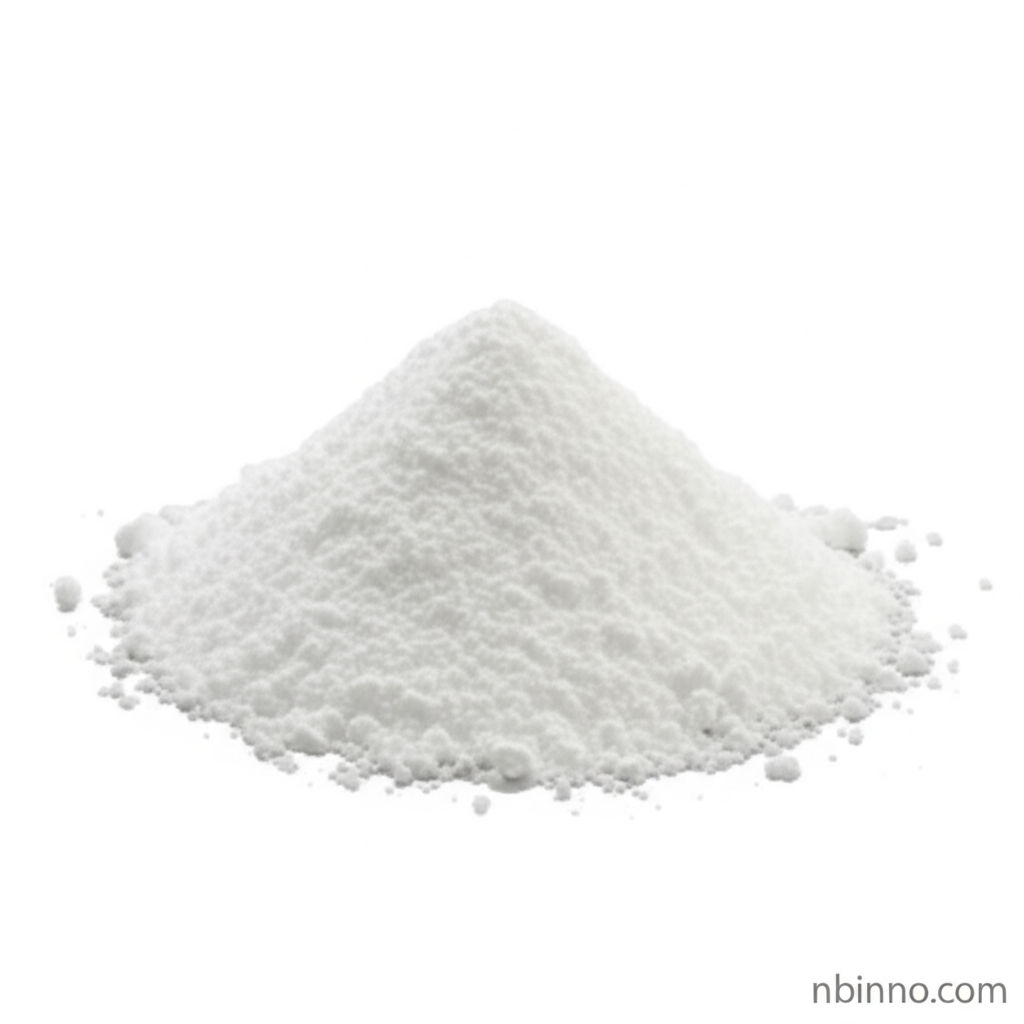Sulfaquinoxaline: Properties, Applications, and Veterinary Significance
A deep dive into Sulfaquinoxaline, a vital compound for animal health and agricultural productivity.
Get a Quote & SampleProduct Core Value

Sulfaquinoxaline
Sulfaquinoxaline is a critical sulfonamide antibiotic widely recognized for its therapeutic efficacy in veterinary medicine. Its primary role is as a coccidiostat, effectively combating parasitic infections like coccidiosis in poultry, cattle, and sheep, significantly improving animal welfare and farm productivity.
- Investigating the Sulfaquinoxaline mechanism of action reveals its potent bacteriostatic properties, essential for understanding bacterial growth inhibition.
- The Sulfaquinoxaline coccidiosis treatment applications are well-documented, making it a cornerstone in poultry health management.
- Exploring Sulfaquinoxaline pharmaceutical applications demonstrates its versatility beyond primary uses, offering insights into related research areas.
- Understanding Sulfaquinoxaline chemical properties provides a foundation for its safe and effective use in various formulations and dosages.
Key Advantages
Effective Coccidiosis Control
Sulfaquinoxaline is a leading agent for controlling coccidiosis, a prevalent parasitic disease that affects the intestinal tract of livestock, thereby reducing mortality rates and improving herd health.
Bacterial Growth Inhibition
Its mechanism of action, inhibiting bacterial folic acid synthesis, makes Sulfaquinoxaline a vital tool in preventing and treating a range of bacterial infections in animals.
Historical Significance in Poultry Farming
The introduction of Sulfaquinoxaline revolutionized poultry farming by providing a cost-effective method for coccidiosis control, enabling large-scale production.
Key Applications
Veterinary Medicine
As a cornerstone Sulfaquinoxaline veterinary use is in treating and preventing coccidiosis and other bacterial infections in cattle, sheep, and poultry.
Poultry Health Management
Sulfaquinoxaline plays a critical role in maintaining the health of poultry flocks, preventing widespread disease outbreaks and ensuring optimal growth.
Livestock Disease Prevention
Its application extends to broader livestock health, where it is used to control various bacterial and protozoal infections affecting different animal species.
Research and Development
Sulfaquinoxaline chemical properties and biological activity make it a subject of ongoing research for new applications and understanding antimicrobial resistance.
